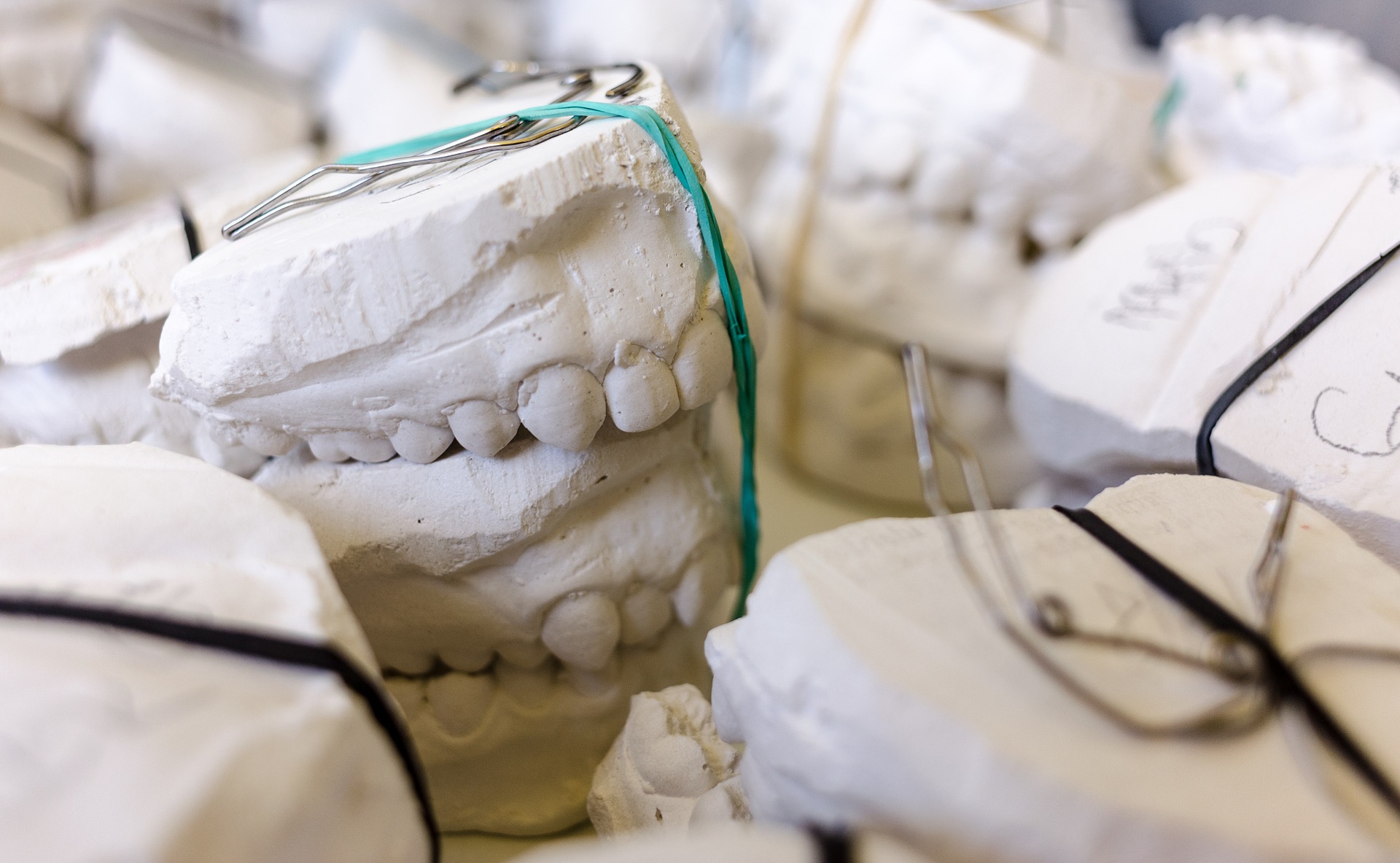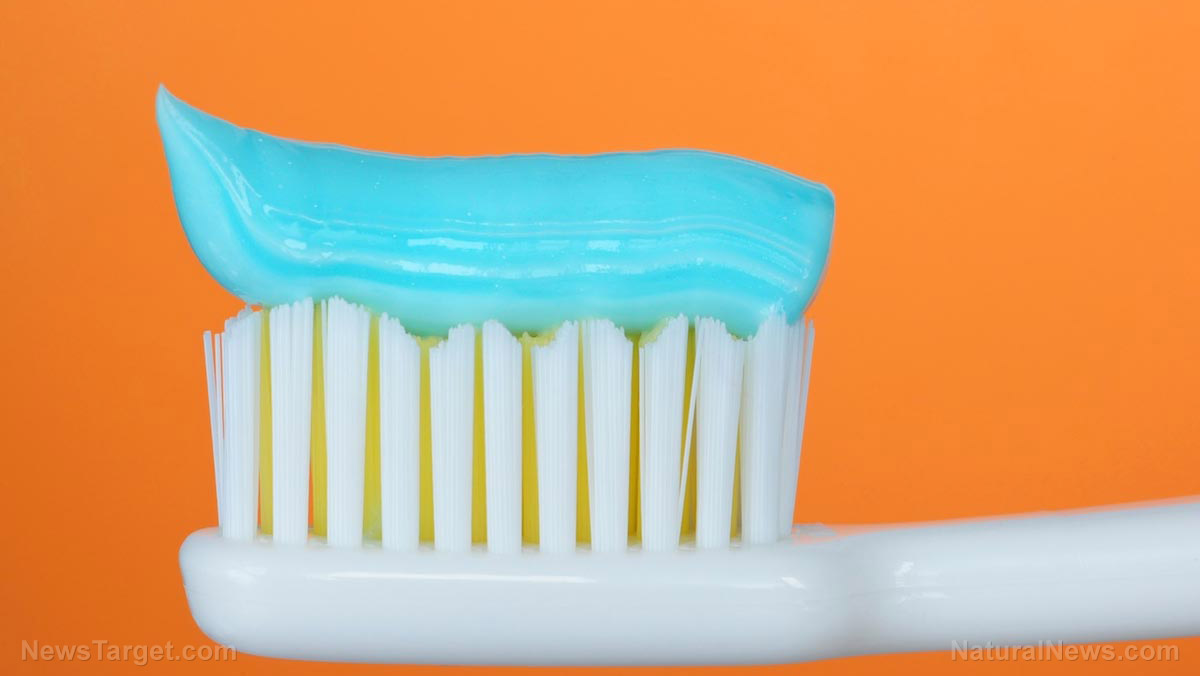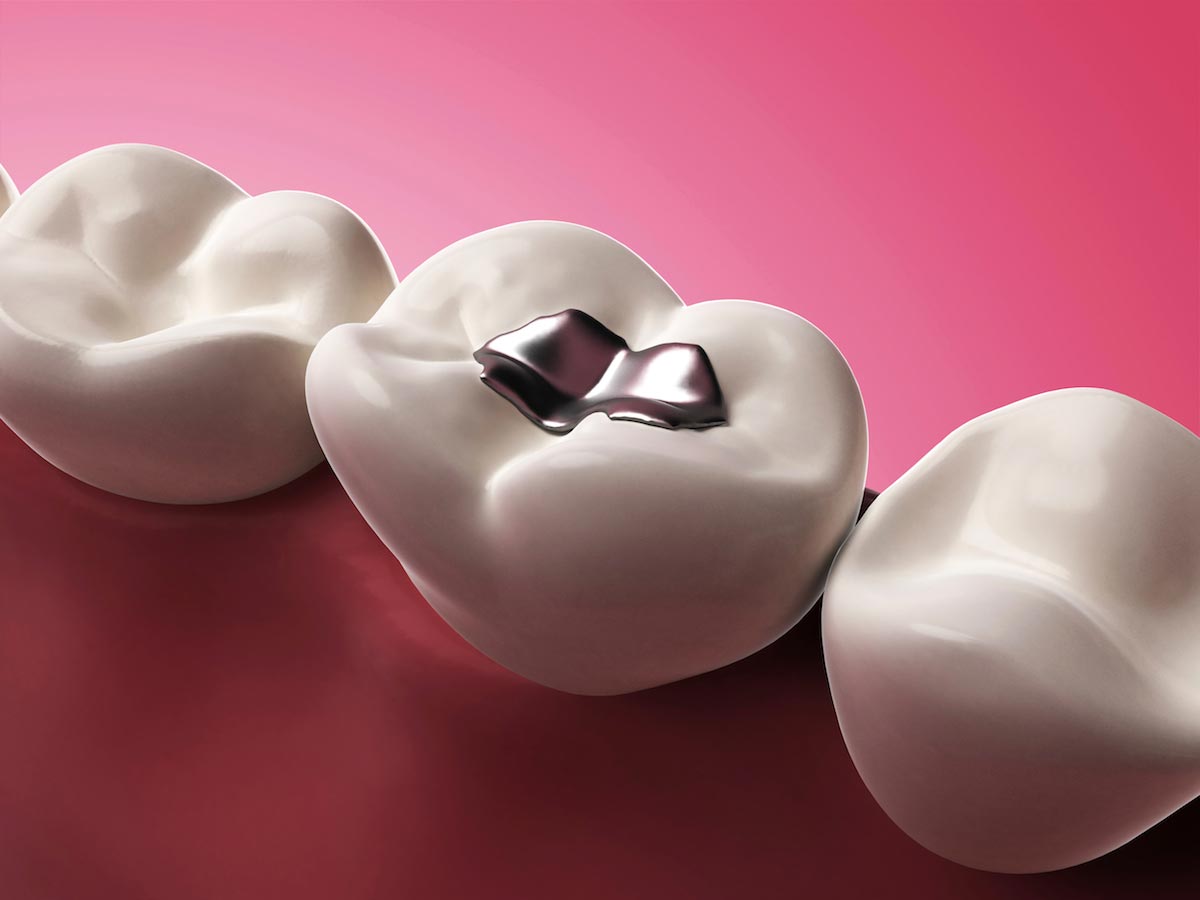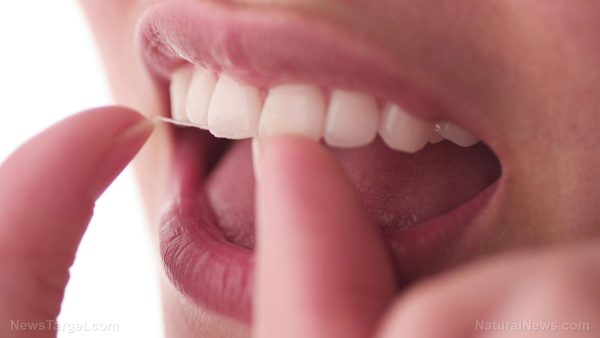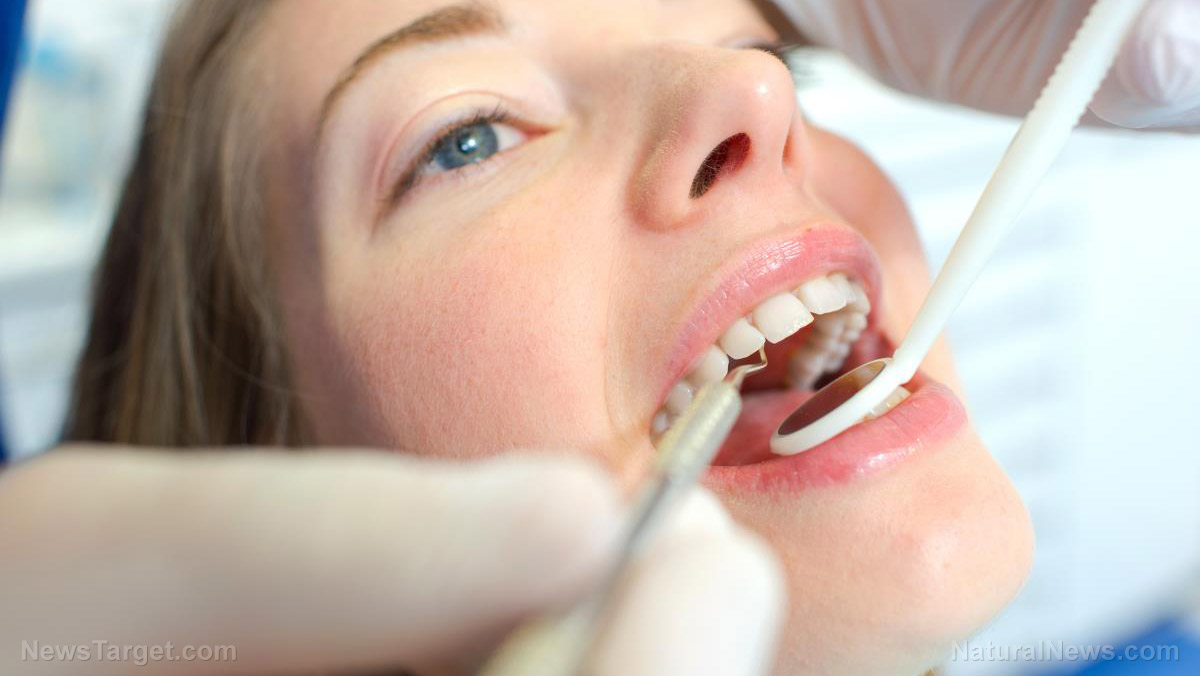Periodontal disease is an inflammatory disease which attacks the gums and bone around the teeth. We have over 6 billion bacteria in our mouth and many of these are implicated in this inflammation. These bacteria, along with mucous and other particles form a sticky, colourless “plaque” on teeth. Plaque can be removed by effective brushing and flossing. If it is not removed, plaque can harden to form calculus (tartar) which brushing alone will not remove.
Article by BCD.com
Periodontal disease is present in nearly one quarter of Australian adults (age 18 and over). It does not necessarily cause pain and therefore can often progress undetected, sometimes for years. If it is not treated and managed effectively it may lead to serious dental and general health problems.
Signs of periodontal disease may be:
- Red, tender or swollen gums
- Bleeding gums while brushing, flossing or eating
- Loosening teeth or increasing gaps between the teeth
- Receding gums or longer appearing teeth
- Bad breath (halitosis) or bad taste
- Changes in the bite
Prevention and Management:
- Brush after every meal if possible. At the very minimum morning and night
- Remove plaque from between your teeth using dental floss, interdental brushes or wood sticks
- Tongue scraping can remove excess bacteria
- Rinse with a natural antibacterial mouthwash
- Attend regular appointments with your dentist for professional removal of plaque and calculus
- Ensure you have a nutritionally balanced diet low in sugar and processed foods
- Reduce or manage stress levels
- Stop smoking
Treatment:
This involves the professional removal of plaque and tartar deposits during a “clean” by scaling the teeth. Scaling is carried out by hand instruments and ultra sonic scalers. In situations where teeth are sensitive or deeper scaling is required local anaesthetic may be used for your comfort. Your dentist will advise you as to how regularly this should be done and on an appropriate home hygiene routine based on your individual situation.
In more advanced cases you may be referred to a periodontist, a dentist who specialises in the treatment of periodontal disease.
Can periodontal disease cause problems beyond my mouth?
It is now widely recognised that oral bacteria and their toxins may be linked to a wide range of conditions such as:
- Cardiovascular disease such as heart attacks and strokes
- Diabetes
- Respiratory disease
- Fertility and pregnancy
There is an ever increasing amount of scientific evidence linking oral infection and systemic disease. From a holistic perspective it is therefore very important to ensure your mouth is as healthy as possible for overall good health.

